Not only the United States, China and their allies are engaged in human expansion into space, including military space activity. India, Israel, Iran and many other countries have also already joined the space club and are now building their own alliances in space.
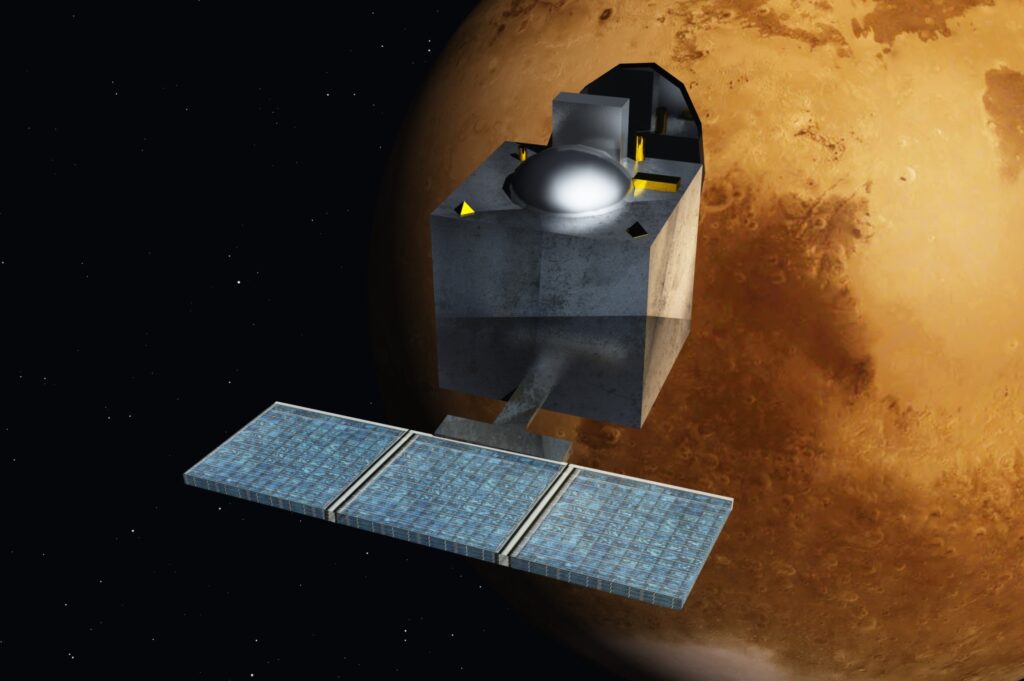
India is a new player in space exploration
This is a continuation of the story. The beginning can be found here: first, second, third.
Even 20 years ago, no one considered India a space state. It seemed that the country lacked money and educated people for this. At the same time, the first Indian rocket crossed the Karman line in 1963, the first Indian satellite was launched into orbit in 1975, and the first citizen of this country flew into space in 1984.
Officially, India remained neutral in the dispute between the USA and the USSR. But it launched both the satellite and the cosmonaut with the help of the Soviet Union. At the same time, this country was building its own cosmodrome named after Satish Dhawan and the rockets that later began to launch spacecraft into Earth orbit.
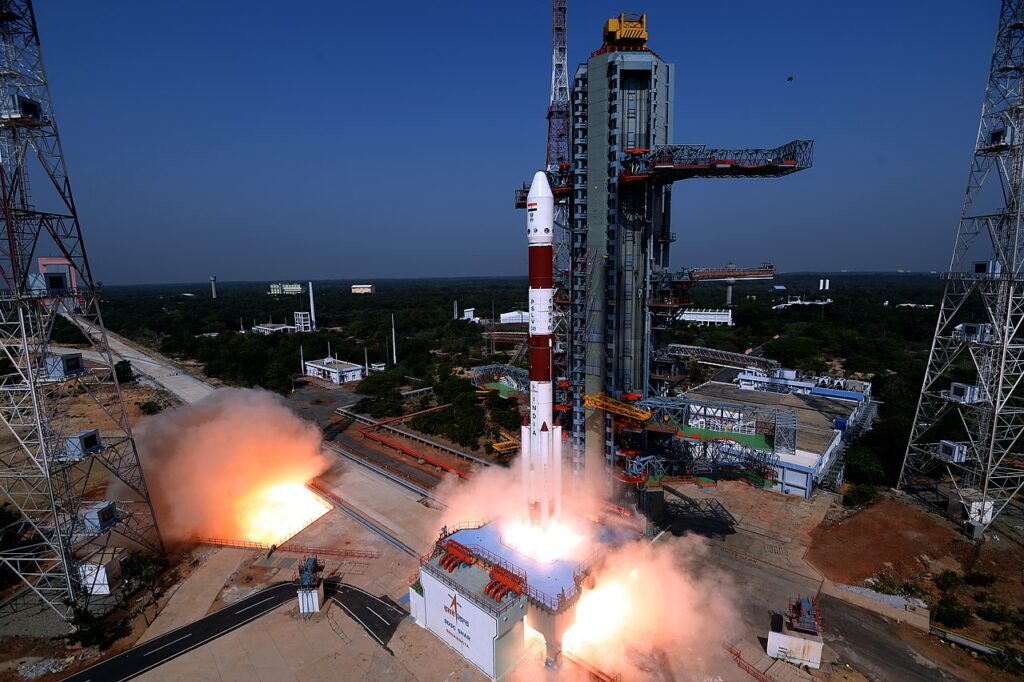
India took the first decisive step to become the leader of the space race in 2008, when it launched its Chandrayaan-1 probe to the Moon. At that time, this achievement did not stand out much against the background of other countries, but just six years later, in 2016, the Mangalyaan apparatus went into orbit around Mars.
India became the third country, after the USSR and the USA, whose probe reached the Red Planet. On this track, it overtook even the People’s Republic of China and Japan.
Further development of the space program resembled this process in other major countries. The Indian Space Research Organization (ISRO) is engaged in the implementation of peaceful missions, including interplanetary ones, the Indian military test anti-missile weapons and launch reconnaissance satellites.
All innovative activity is delegated to start-ups, which are actively supported by the government. Until recently, the private companies could only boast of satellites, but in November 2022, the first Indian private rocket almost reached space.
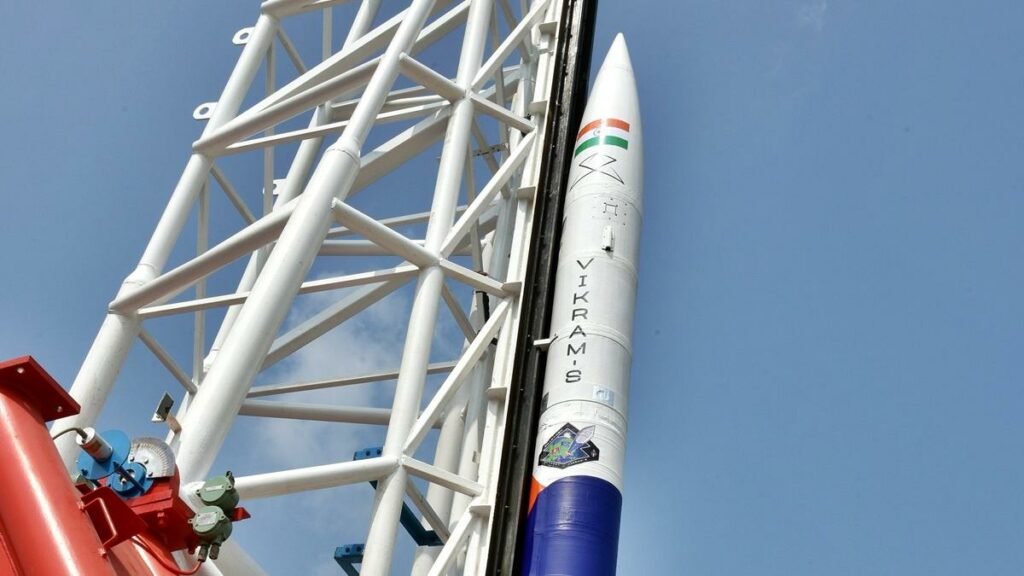
In international cooperation, India occupies a rather peculiar position. It is open for contacts with foreign private and public organizations of Europe and the USA. Its relations with China and Arab countries are quite cool.
But India’s main partner in space still remains Russia, which acts as a technology donor for it. Because of this, with the beginning of the Russian-Ukrainian war and the escalation of the confrontation in space, India turned from a neutral entity into an ally not only of the Russian Federation, but also of China, and its relations with Western countries became tenser.
Israel and its space program
A special big story is the space policy of the countries of the Middle East. It is as complicated as the “earthly” one. The traditional partner of the USA in this region is Israel, so one would expect that in terms of its space capabilities it is not inferior to Japan or the European Union, but until the end of the 1980s this state did not even have its own satellite.
But when it happened, it was immediately a reconnaissance vehicle that Israel took into space with the help of its own carrier and from its own spaceport. Meanwhile, politics interfered even in the mechanics of launches here.
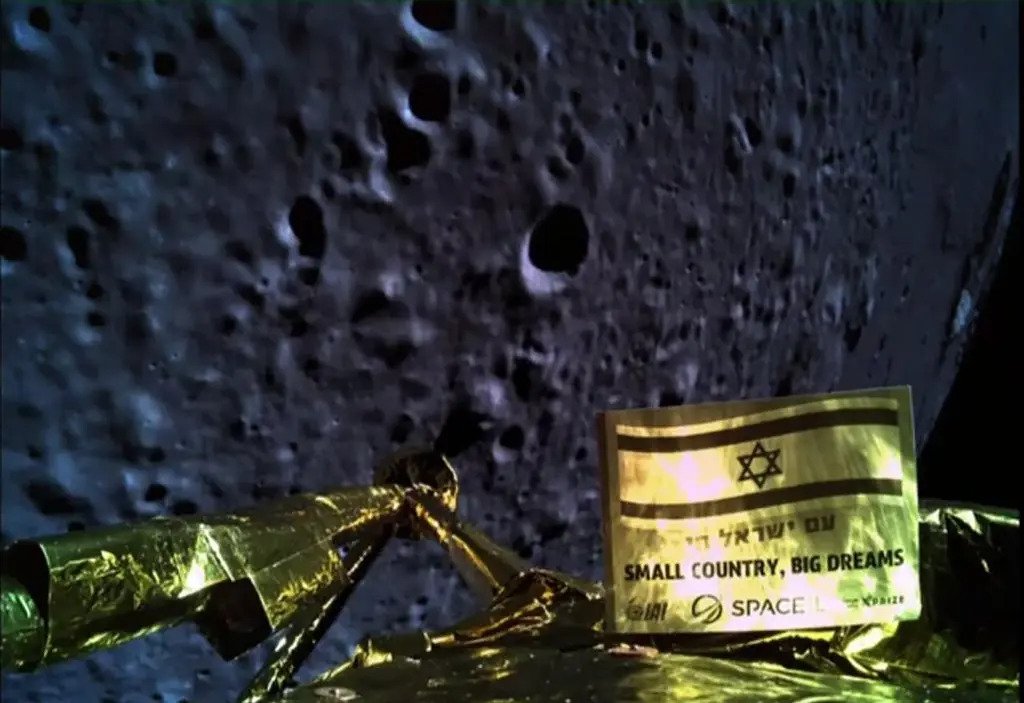
Israel is the only country in the world that launches its spacecraft in the direction of the Earth’s axial rotation, that is, to the west, not to the east. Because of this, more fuel is consumed per kilogram of payload than in any other country. But they have no choice. After all, if you launch rockets “like everyone else”, then their first stages will fall on the territory of the neighbors, with whom Israel regularly has hostilities.
It is not surprising that in such a situation the Israeli civil space program is inseparable from the military one. And as for possession of some anti-satellite missiles, this small country just keep silent for many years — just as it does not confirm or deny its possession of nuclear weapons. And no one is willing to check it.
At the same time, this state did not achieve anything special in space research until recently. But in 2018, a private Israeli company did something that even startups from China and the USA did not dare to do. It launched the Beresheet scientific probe to the Moon. It crashed during the landing attempt, but it was still a bid that Israeli private companies may try to catch up with the leaders.
Iran’s space program
Israel’s traditional antagonist in space is Iran. It is against Iran’s space vehicles that Israeli missile weapons (whose existence is not confirmed by Israel itself) are primarily directed. The reason for this is not only ideological and religious disputes, but also Israel’s alliance with the USA, who consider Iran its enemy.
Because of its international position, Iran implemented its space program in complete isolation from Western countries. Russia and China provided it with some technical support in the development of relevant technologies, but it was difficult to call the Ayatollah’s country a close ally of both until 2022.
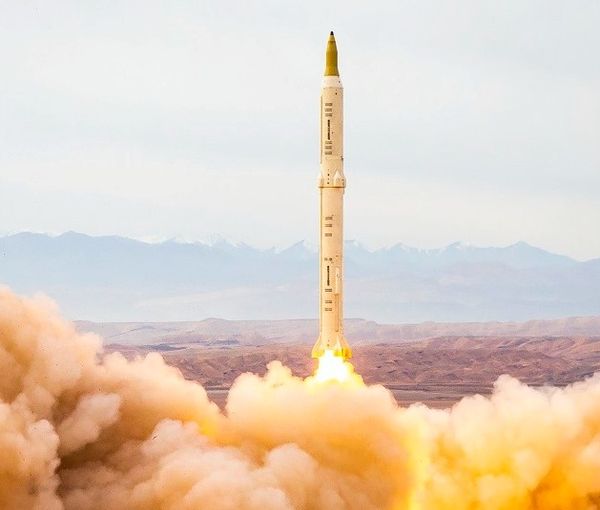
However, Iran launched its first satellite by its own rocket and from its own cosmodrome in 2009. Since then, the country has made several more launches, but has not demonstrated stable ability to put its devices into orbit. While it is considered one of the main threats in near-Earth space for all the countries of the space club, mostly its satellites are deployed against the nearest neighbors.
Arab countries
Iran’s adversary in space is not only Israel, but also neighboring Arab countries, especially the United Arab Emirates and Saudi Arabia. Despite the enmity with the Jewish state, they have friendly relationships with the United States and are ready to invest considerable funds in space research.
So far, their achievements are quite modest. They are limited to their own satellites launched using foreign rockets and astronauts who have flown on foreign spacecraft. The UAE is practically the only Arab state that was able to make a breakthrough into space on its own. It is about the scientific probe Al-Amal launched in February 2021 into orbit around Mars. But the ambitions of the Emirates are not limited to this. Their mission to the Moon should start in 2024.
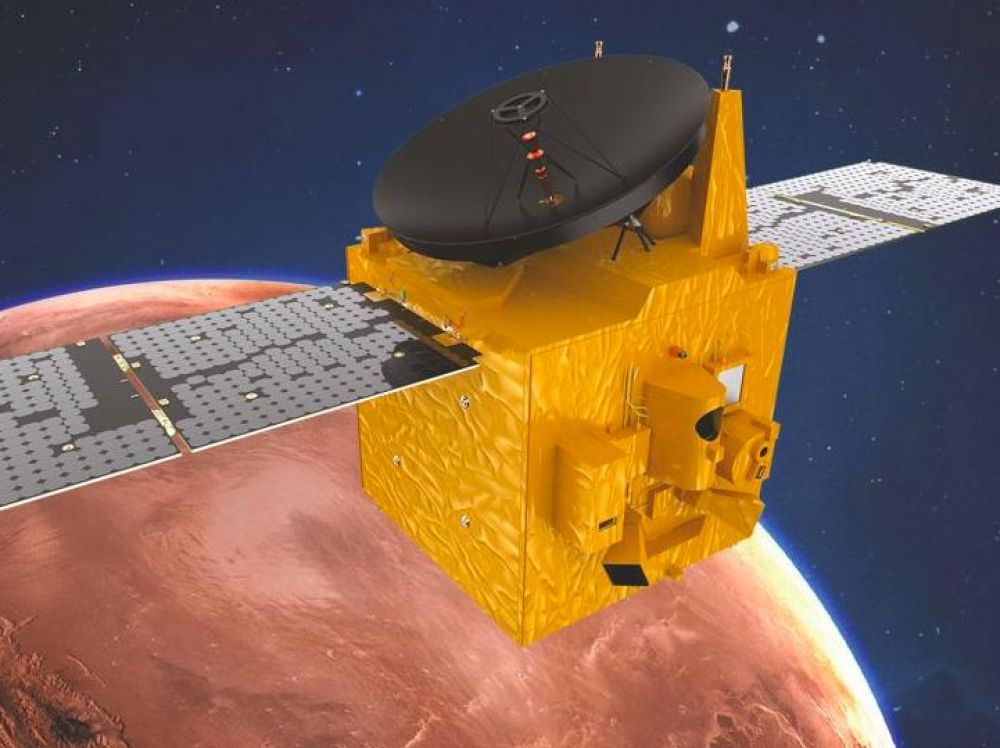
In fact, in the Middle East there is a space confrontation between three forces at once, each of which can at any moment use its advantage in space against the other two. Their capabilities may seem ridiculous. However, it is worth having in mind that the use of anti-satellite weapons can potentially cause danger even to the civilian orbital infrastructure of completely neutral countries.
Two Koreas
A similar situation developed in the Far East. Here, the main antagonists are the two Koreas — each seeking to be the only one thus named, and each ready to expand the earthly confrontation into space. The DPRK (North Korea), ruled by communists, is developing its space program in complete isolation, slightly supported by abovementioned Russia, China and Iran.
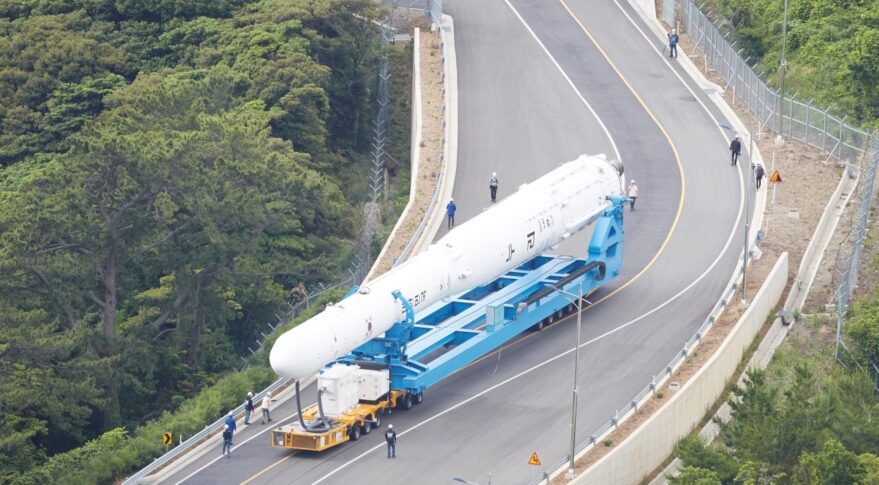
South Korea mainly builds rockets and satellites using its own capabilities. The reason for this is that the two Korean states are in a triangle between China, Russia and Japan. And the USA are not willing to annoy South Korea’s potential adversaries by providing military and space support to the ally country.
However, both countries have their own reconnaissance satellites, spaceports and launch vehicles. They cannot yet be considered full-fledged space powers, but they will obviously significantly improve their capabilities in the decade to come.

